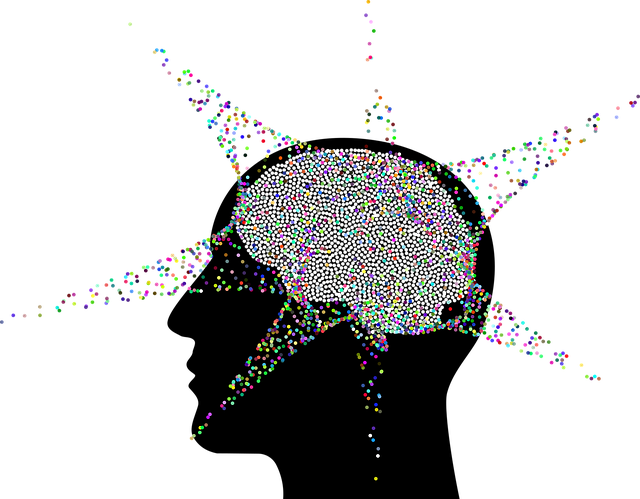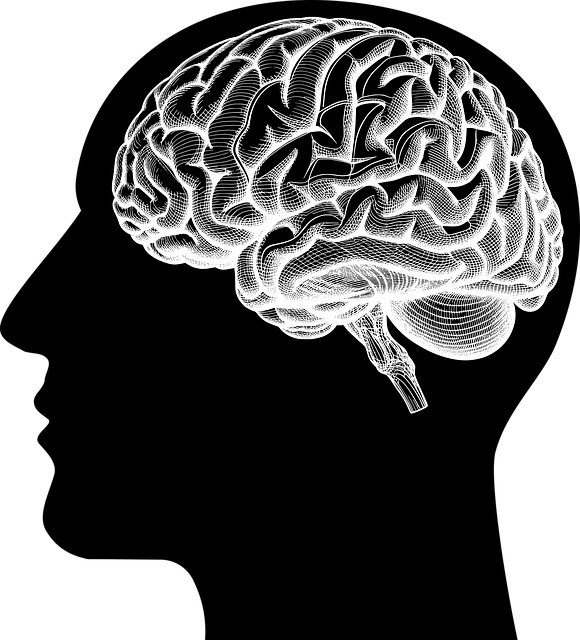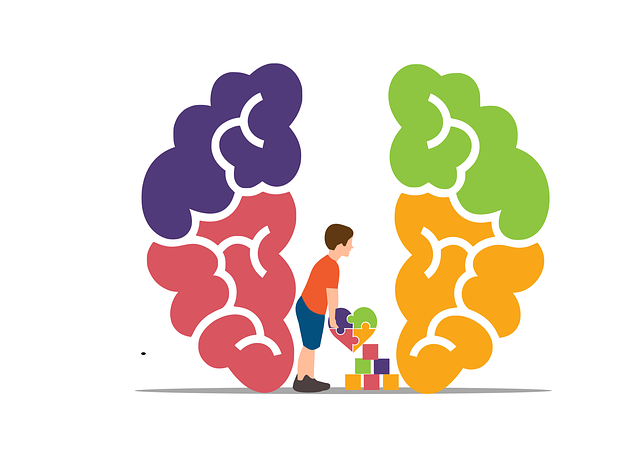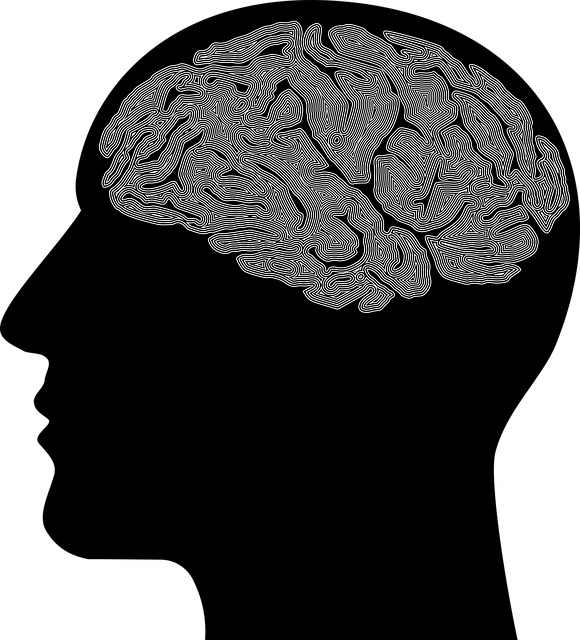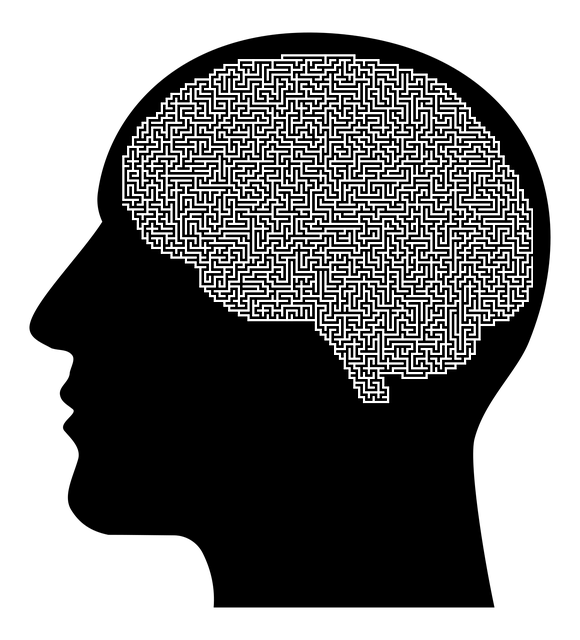Parker Functional Neurological Disorder (PFND) Therapy offers a holistic approach integrating Resilience, Functionality, and Mobility (RFM) techniques from exercise physiology, psychology, and occupational therapy. This method enhances cognitive well-being, improves functional abilities, and restores neural pathways through exercises targeting emotional regulation, mindfulness practices like journaling and meditation, and cultural competency training. By boosting self-esteem and fostering resilience, PFND empowers individuals to confidently navigate life's challenges with improved adaptability and long-term mental wellness.
“Unleashing resilience is a powerful tool in managing neurological disorders, and at the forefront of this approach is the Revolutionary RFM (Resilience, Flexibility, Mobility) method. This article delves into the transformative potential of RFM, particularly through the lens of Parker Functional Neurological Disorder Therapy. We explore how specific exercises enhance coping abilities, offering a holistic path to recovery. By integrating these practices into daily routines, individuals can achieve long-lasting benefits, demonstrating the profound impact of RFM on neurological health and overall well-being.”
- Understanding RFM and Its Impact on Neurological Disorders
- Parker Functional Neurological Disorder Therapy: A Comprehensive Approach
- Resilience Building Exercises: Enhancing Coping Mechanisms
- Integrating RFM into Everyday Life for Long-Lasting Benefits
Understanding RFM and Its Impact on Neurological Disorders

Understanding RFM (Resilience, Functionality, and Mobility) is pivotal in navigating the complexities of neurological disorders. This holistic approach to therapy, such as Parker Functional Neurological Disorder Therapy, recognizes that overcoming challenges requires addressing not just physical symptoms but also an individual’s mental resilience and overall functionality. By integrating techniques from various disciplines—including exercise physiology, psychology, and occupational therapy—RFM aims to enhance patients’ abilities to cope with and adapt to their conditions.
In the context of neurological disorders, RFM exercises are designed to improve not only physical mobility but also cognitive and emotional well-being. These programs often incorporate mental health education and cultural competency training for healthcare providers to ensure personalized care that accounts for individual needs and backgrounds. Additionally, focusing on self-esteem improvement is a crucial component, as enhanced self-worth can significantly impact a patient’s motivation and adherence to their rehabilitation journey.
Parker Functional Neurological Disorder Therapy: A Comprehensive Approach

Parker Functional Neurological Disorder (PFND) Therapy offers a comprehensive approach to addressing complex neurological conditions and enhancing resilience. This method focuses on improving functional abilities, restoring neural pathways, and promoting emotional regulation in individuals with various neurological disorders, including those experiencing trauma. By employing a multi-faceted strategy, PFND therapy aims to improve overall quality of life for its participants.
Through tailored exercises designed to stimulate the nervous system, PFND fosters better communication between the brain and body. This approach not only supports trauma support services but also empowers individuals to develop effective coping mechanisms for managing emotional regulation challenges. The result is enhanced resilience, enabling clients to navigate life’s demands with increased confidence and adaptability.
Resilience Building Exercises: Enhancing Coping Mechanisms

Resilience building exercises are crucial components of Parker Functional Neurological Disorder Therapy, designed to enhance individuals’ coping mechanisms and overall well-being. These practices focus on developing emotional intelligence and compassion cultivation, empowering people to navigate life’s challenges with greater ease. By engaging in regular resilience training, individuals can build a stronger foundation to manage stress, anxiety, and even depression prevention.
Such exercises encourage folks to embrace vulnerability and cultivate a growth mindset, which is particularly beneficial for those dealing with various mental health conditions. Through these therapeutic methods, participants learn effective strategies to regulate emotions, foster self-compassion, and develop a deeper sense of inner strength. As a result, they become better equipped to face life’s uncertainties, fostering a more resilient and fulfilling life.
Integrating RFM into Everyday Life for Long-Lasting Benefits

Integrating RFM (Resilience, Flexibility, and Mindfulness) into everyday life can significantly enhance one’s ability to navigate challenges and promote long-lasting mental wellness. This approach, often incorporated into Parker Functional Neurological Disorder Therapy, goes beyond traditional counseling. It empowers individuals to develop inner strength and confidence by fostering a mindful awareness of their thoughts and emotions. Regular practices such as journaling exercises guide users through introspective self-reflection, allowing them to process experiences and build resilience.
By dedicating time for mindfulness activities like meditation or simple breathing exercises, people can boost their confidence in managing stress. This proactive approach ensures that mental wellness is not a fleeting state but an integral part of daily life. Whether it’s facing work pressures, personal relationships, or health issues, the skills acquired through RFM enable individuals to remain grounded and adaptable, ultimately leading to enhanced overall well-being.
In conclusion, Parker Functional Neurological Disorder Therapy offers a comprehensive approach to managing neurological disorders by combining the principles of RFM with practical resilience-building exercises. By integrating these techniques into everyday life, individuals can experience long-lasting benefits that enhance their coping mechanisms and overall resilience. Understanding RFM’s impact and leveraging the power of these exercises is key to navigating the challenges presented by neurological conditions.






